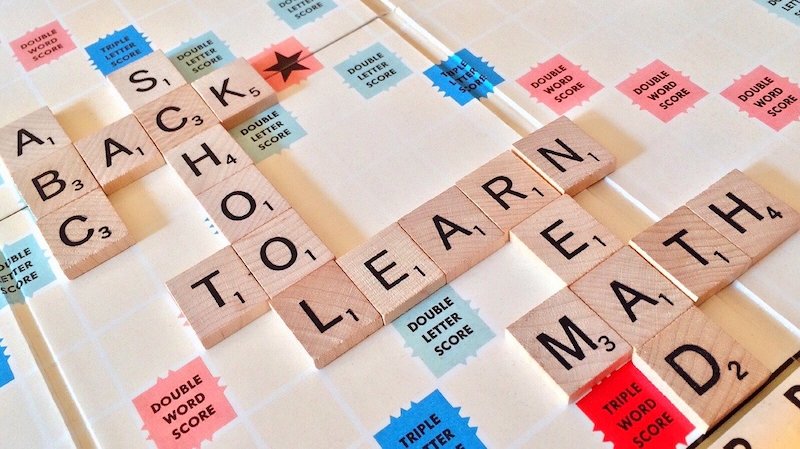What finer way to savor precious family moments than by indulging in a board game that can enhance your child’s aptitude in numerous facets?
Engaging in games as a family not only serves as a delightful avenue for spending quality time together but also nurtures cognitive and educational prowess. Children possess an innate desire to engage with their loved ones. They yearn to please their parents, revel in playtime with them, and listen to their guidance. Board games offer a leisurely yet invaluable opportunity to share unhurried and pleasurable moments. As an added boon, board games unfurl a wealth of learning prospects. In recent times, specialized board game cafes have sprung up across Bangkok, where one can partake in a vast array of games, accompanied by refreshing beverages and snacks, all while determining the true competitive spirit within the family.

Encourages Cognitive Development
Board games, even the most elementary among them, work wonders for your toddler’s cognitive development. They necessitate a semblance of strategy and simultaneously impart crucial life skills such as sharing, communication, waiting one’s turn, and social interaction. Furthermore, board games serve to fortify your child’s attention span and capacity for sustained concentration. They satiate the inherent competitive drive and the yearning to acquire new skills—skills ranging from number and shape recognition, grouping and counting, letter identification and reading, visual perception, color discernment, eye-hand coordination, to manual dexterity. Even a seemingly straightforward game like Snakes and Ladders imparts a multitude of life lessons. For in this game, fortunes can change in an instant, yet with perseverance, one can ultimately reach the goal and, quite possibly, emerge victorious. It teaches the invaluable lesson that even when you’re seemingly at the bottom, you still hold a chance of triumph.

Choosing the Right Game at Every Age
While it remains our long-term objective to instill values, ethics, academic proficiencies, and a reverence for rules, in the early years, our foremost aim is to nurture self-assurance, ambition, and the joy of companionship in our children. When playing with more than one child, divide the family into teams, assigning each player a role they can excel at. A younger child might delight in rolling the dice (a crucial role, as luck often has its say), while an older sibling can manage Monopoly money or oversee the game pieces.
As children approach the age of 5, their cognitive faculties become more intricate, enabling them to integrate and employ their numerical, alphabetic, and linguistic knowledge in games centered around literacy. By the age of 6, children may prefer cognitively demanding games like checkers, which necessitate—and consequently foster—planning, strategy, determination, and critical thinking abilities.

A Word About Winning
It’s worth noting that children take their gaming endeavors quite earnestly. Therefore, it is incumbent upon us to guide them through these contests. When a game piece descends to a lower level, our youngsters experience genuine sadness; conversely, they exhibit remarkable pride and joy when it ascends, even though we, as adults, recognize that chance often plays a pivotal role. Consequently, we must strike a balance between our child’s delight in playing and their limited capacity to manage disappointment and the concept of losing.
For 3, 4, and even 5-year-olds, triumph holds paramount significance as it imparts a sense of mastery. Therefore, it is generally acceptable to extend a helping hand to facilitate their victories. By approximately the age of 6, children ought to begin internalizing the principles of fair play, tenuous as these principles may seem to a child who finds themselves on the losing end. I, for one, harbor no objections if a 6-year-old decides to “adjust” the rules in their favor if they deem it necessary. I would encourage you to acknowledge your child’s need for customized rules. At the commencement of the game, you may wish to inquire, “Are we adhering to the standard rules today or opting for ‘special easy’ rules?” (I prefer not to label them as ‘cheating rules’ since they only qualify as such if they’re contrary to mutual agreement.)
In conclusion, children are most receptive to learning when they are fully engrossed in enjoyable activities, and board games serve as a splendid conduit for imbuing knowledge while basking in the pleasures of play.







